Who Created the Catholic Church? The Origins and Founding of the Faith
Introduction
The Catholic Church is the world’s oldest and largest Christian denomination, with over 1.3 billion followers worldwide. Its teachings, traditions, and authority trace back over 2,000 years, but many wonder: Who created the Catholic Church? Was it an institution founded by men, or was it divinely established?
This article explores the Catholic Church's origins, its foundation by Jesus Christ, the role of the apostles, and how it has maintained continuity throughout history. Whether deepening your faith or seeking historical clarity, this guide will provide valuable insights into the Church’s beginnings and significance.
1. Jesus Christ founded the Catholic Church
The Catholic Church teaches that Jesus Christ Himself founded the Church. This belief is based on Scripture, particularly Jesus’ words to His apostle Peter:
“And I tell you, you are Peter, and on this rock I will build my Church, and the gates of Hades will not prevail against it” (Matthew 16:18)
Jesus established a community of believers, appointing the apostles to continue His work after His resurrection and ascension into heaven. He gave them the authority to teach, baptize, and lead, forming the early foundations of the Catholic Church.
2. Apostolic Succession: From Peter to the Present
After Jesus's ascension, the apostles carried out His mission, preaching the Gospel and establishing Christian communities. Peter, recognized as the apostles' leader, became the first Pope. This unbroken line of leadership, known as apostolic succession, continues to this day with Pope Francis as the 266th successor of Saint Peter.
The concept of apostolic succession ensures that the Catholic Church remains connected to its origins. The bishops, ordained through the laying on of hands, receive their authority through an unbroken chain going back to the apostles.
3. The Early Church and Its Growth
The first Christian communities were formed in Jerusalem and spread rapidly across the Roman Empire. Despite persecution, the faith grew through the courageous witness of early martyrs and missionaries.
-
The Church Fathers – Figures like St. Ignatius of Antioch, St. Irenaeus, and St. Augustine played key roles in developing Church doctrine and defending the faith.
-
The Councils of the Church—Early ecumenical councils, such as the Council of Nicaea (325 AD) and the Council of Chalcedon (451 AD), helped define the Church’s teachings, including the nature of Christ and the Trinity.
-
Constantine and the Edict of Milan (313 AD) – Christianity gained legal status in the Roman Empire, allowing the Church to grow openly and build places of worship.
4. The Catholic Church’s Role in Shaping Western Civilization
Beyond spiritual guidance, the Catholic Church has played a vital role in shaping education, healthcare, science, and the arts.
-
Universities & Education – The Church established some of the first universities, including the University of Paris and Oxford.
-
Healthcare & Charity – The Church founded many of the world’s first hospitals to care for the sick and poor.
-
Sacred Art & Architecture – The Church inspired masterpieces such as Michelangelo’s Sistine Chapel and Gregorian chant.
5. The Uniqueness of the Catholic Church
The Catholic Church distinguishes itself from other Christian denominations through the following:
-
Sacred Tradition and Sacred Scripture – The Church upholds both the Bible and Apostolic Tradition as sources of divine revelation.
-
The Eucharist (Real Presence of Christ) – Catholic belief holds that the Eucharist is truly the Body and Blood of Christ.
-
The Sacraments – The Church administers seven sacraments as channels of God’s grace.
-
Papal Authority – The Pope serves as the visible head of the Church, ensuring unity and faithfulness to Christ’s teachings.
6. Common Questions About the Church’s Origins
Q: Did Emperor Constantine create the Catholic Church? A: No, the Church existed long before Constantine. He legalized Christianity, but the Church was founded by Jesus Christ and spread by the apostles.
Q: Was Peter the first Pope? A: Yes, historical and biblical evidence supports Peter’s role as the Church's first leader. Early Church Fathers called him the “rock” upon which the Church was built.
Q: Why do Catholics follow traditions outside of the Bible? A: The Church teaches that Divine Revelation comes from Sacred Scripture and Sacred Tradition, as Jesus and the apostles affirmed.
7. How Catholics Can Continue the Mission of the Church
As members of the Catholic Church, believers are called to continue Christ’s mission through the following:
-
Prayer and Worship – Participating in the sacraments, especially the Eucharist.
-
Evangelization – Sharing the faith with others and living as witnesses to Christ.
-
Charity and Service – Helping those in need, following Jesus’ example of love and compassion.
-
Learning the Faith – Studying the Bible, the Catechism, and the lives of the saints.
8. Find Catholic Gifts to Deepen Your Faith at Guadalupe Gifts
At Guadalupe Gifts, we offer a collection of faith-inspired gifts that celebrate the Church’s rich history and traditions. From Catholic jewelry to sacred art, our products help believers keep their faith alive in everyday life.
Top Catholic Church-Approved Resources for Further Reading:
About Guadalupe Gifts
Guadalupe Gifts is dedicated to providing high-quality, authentic Catholic gifts and jewelry. Our mission is to help believers express and deepen their faith through meaningful gifts that reflect the beauty and heritage of the Catholic Church.
Find the perfect faith-filled gift at Guadalupe Gifts.


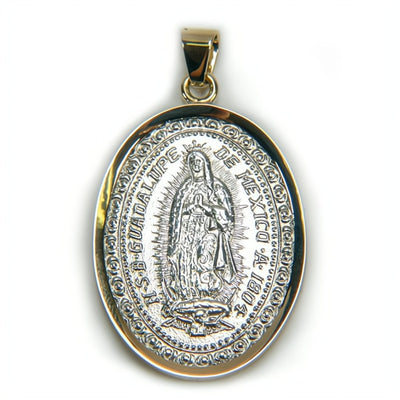
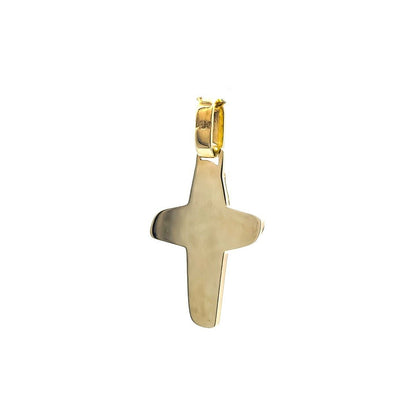
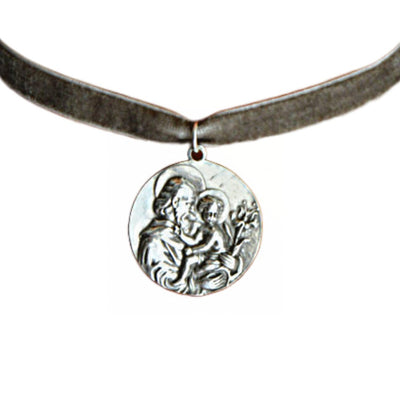













Leave a comment